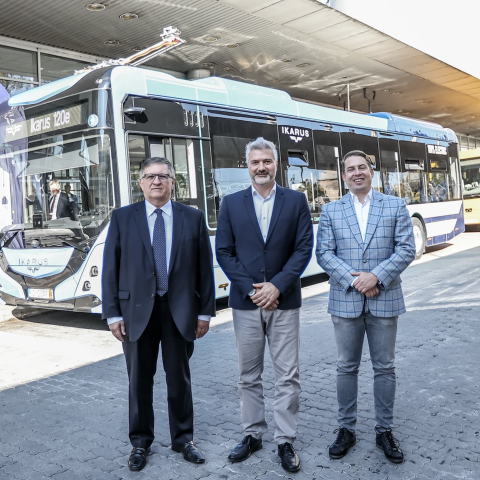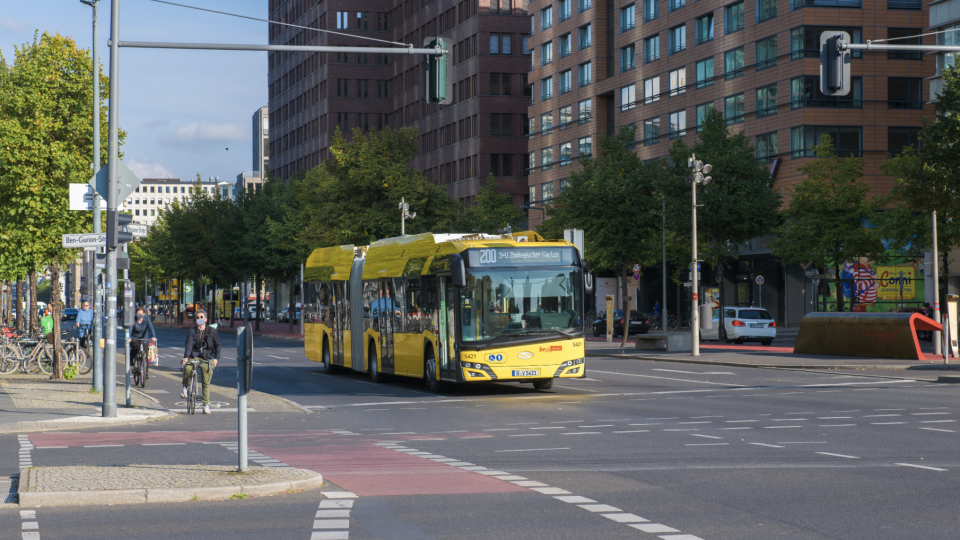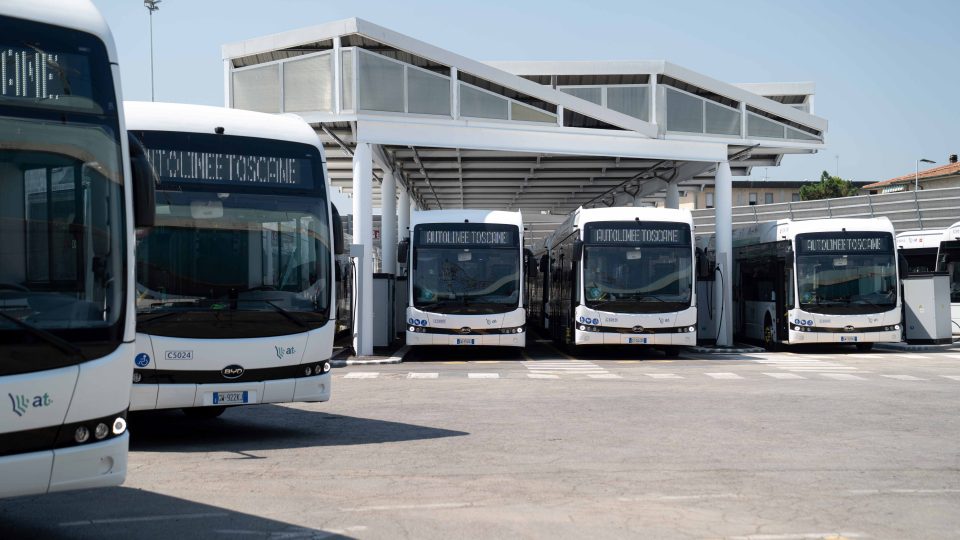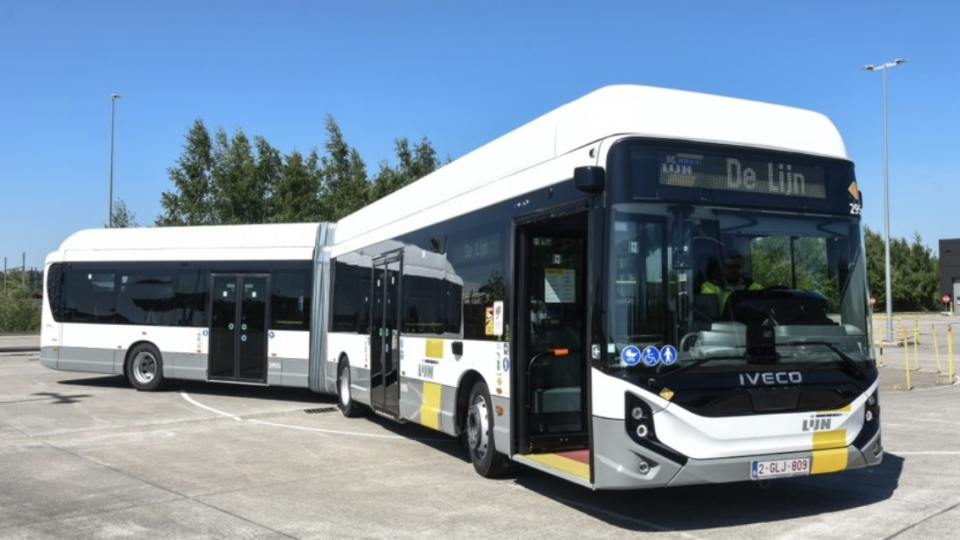Hungary, Volánbusz to deploy further 20 Ikarus electric buses
Hungarian operator Volánbusz is set to expand its fleet with 20 Ikarus 120e buses. Supported by the Ministry of Energy and the HUMDA Hungarian Mobility Development Agency, part of the Széchenyi University Group, the bus fleets will be deployed in Balatonfüred, Hajdúszoboszló, Keszthely, Komárom, Komló, and Tata. The agreement for the delivery of the buses […]

Hungarian operator Volánbusz is set to expand its fleet with 20 Ikarus 120e buses.
Supported by the Ministry of Energy and the HUMDA Hungarian Mobility Development Agency, part of the Széchenyi University Group, the bus fleets will be deployed in Balatonfüred, Hajdúszoboszló, Keszthely, Komárom, Komló, and Tata. The agreement for the delivery of the buses by the Ikarus Group was signed on October 29, 2024.
Volánbusz procures further electric buses
The low-floor Ikarus 120e electric buses can accommodate 30 seated and 55 standing passengers and can travel up to 300 kilometers on a single charge, according to the OEM. These air-conditioned buses also feature auxiliary diesel heating. They feature boarding ramps, electronic passenger information systems, onboard cameras, and USB charging points, ensuring a comfortable and safe journey. The buses’ charging needs will be met by high-performance charging stations installed at the Volánbusz depots or bus terminals in the respective cities.
Following upgrades in the Budapest metropolitan area and six county capitals, six smaller cities will now modernize their public transportation systems with alternative, eco-friendly vehicles. The consortium of Volánbusz and Mobiliti Volánbusz Kft. has secured more than HUF 4.4 billion in funding through HUMDA’s tender, Ikarus states. As a result, with 100% support from the Ministry of Energy and HUMDA, Balatonfüred will receive 3 buses, Hajdúszoboszló 1, Keszthely 1, Komárom 2, Komló 7, and Tata 6 new fully electric buses by early next year. The buses are scheduled for delivery within 12 months from the signing of the contract, with the possibility of early fulfillment. Mobiliti Volánbusz Kft., a joint venture of MVM Mobiliti Kft. and Volánbusz, will also build the necessary charging infrastructure, with 80% of the costs covered by the project.









